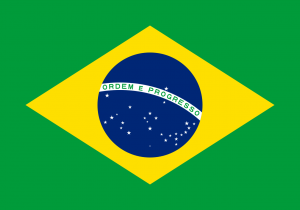
As Brazil inches closer to the implementation of a regulated sports betting market, the Brazilian government agency tasked with regulating that market is clarifying its vision for that market. This week, the Secretariat of Evaluation, Planning, Energy and Lottery (SECAP) published a draft version of the regulatory scheme that will ultimately govern the market.
The framework for the market, which was published in Games Brasil Magazine, seems to emphasize the licensing process while providing relatively few additional details on how the market would be regulated. That makes sense given the fact that one of the biggest issues for any newly regulated market is deciding who can participate and what the legal hurdles for participation would be.
In this case, SECAP is recommending a license application fee of BRL 22 million ($4.32 million USD) for operators looking to serve the regulated market. Unlike most North American and European markets, SECAP isn’t recommending a cap on how many licensed operators can serve the market.
Local operators who have been serving customers without the proper licensing will have six months to get into compliance.
That said, SECAP is very serious about making foreign operators both maintain a presence in the country, as well as having Brazilians on their staff. The new framework states that foreign operators must establish a Brazilian subsidiary to operate in the country and at least four of its executive must be “registered as domiciled residents”, according to a report on SBC News.
Though SECAP had plenty to say about the licensing process, they were positively mum on the subject of taxation. As of this writing, there’s really not been much public talk about what a tax framework would like – though that is certainly on its way.
As the world’s sixth-largest country by population, Brazil’s regulated sports betting market could emerge as one of the most robust markets on the planet.